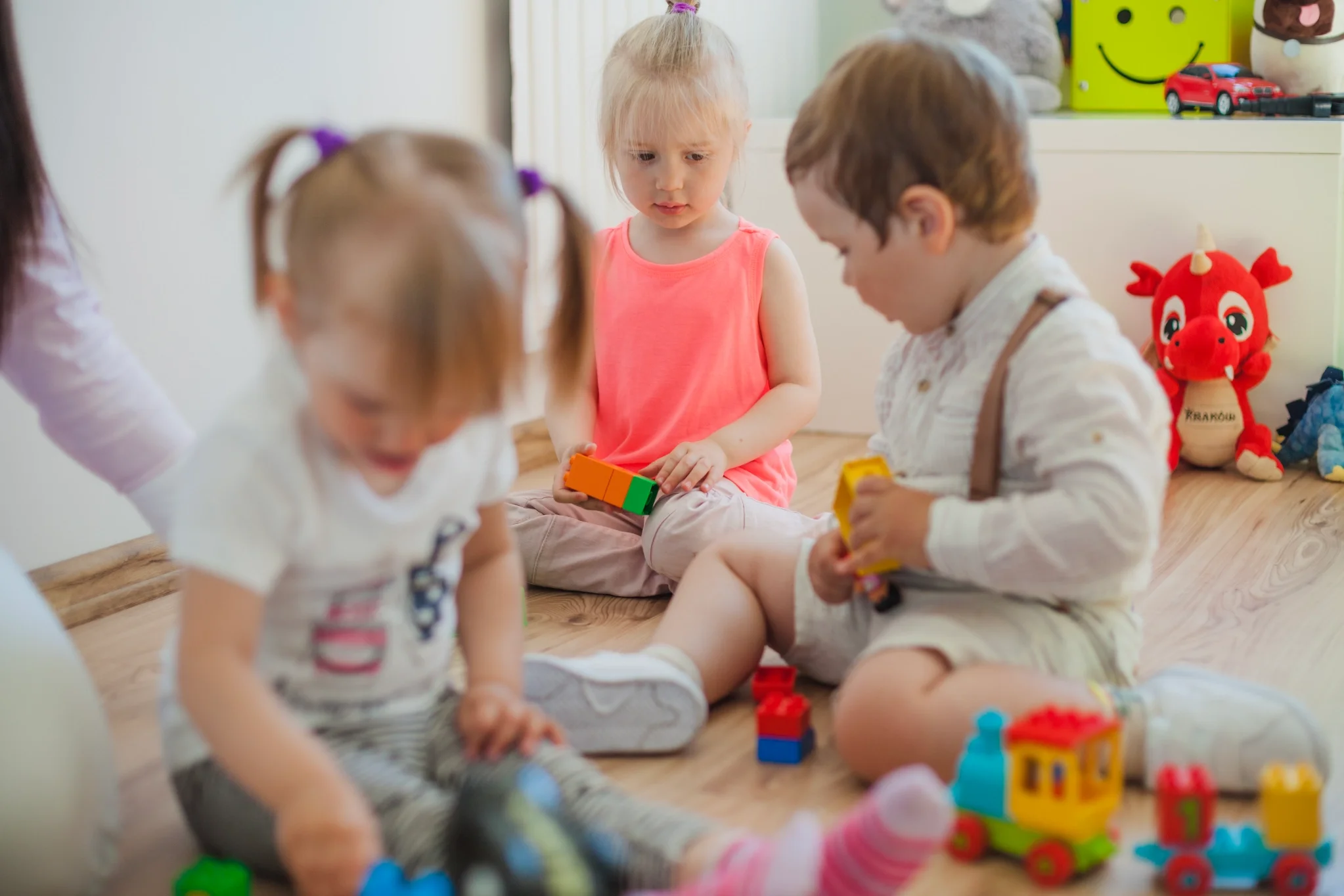Montessori Preschool Skills That Last a Lifetime
Montessori preschool programs offer children more than early academic lessons. They nurture essential life skills that extend far beyond the classroom. Through hands-on activities and guided independence, children build habits and abilities that support them throughout their educational journey and into adulthood. These early experiences shape how they learn, communicate, and interact with the world.
Responsibility Through Practical Life Activities
In a Montessori preschool, children are trusted with real tasks that teach responsibility. Activities such as setting the table, watering plants, or tidying up after snack time are part of daily routines. These tasks may seem simple, but they teach care, order, and accountability. When children take ownership of their environment, they develop pride in their contributions and learn that their actions have purpose. This sense of responsibility continues to grow as they take on more challenges in school and beyond.
Strong Problem-Solving and Critical Thinking
Montessori classrooms are filled with materials that invite children to explore, experiment, and find solutions independently. Whether working with puzzles, building number patterns, or classifying natural objects, students learn how to approach challenges with patience and focus. Teachers provide gentle guidance, but children are encouraged to try, adjust, and try again. These repeated opportunities for discovery help children develop logical thinking and the ability to persevere through problems without frustration.
Respectful Communication and Social Awareness
From a young age, Montessori students are introduced to social norms that emphasize empathy, patience, and respect. Through group activities and peer interaction, children learn how to take turns, listen actively, and respond to others with kindness. Grace and courtesy lessons help Montessori preschoolers navigate social situations thoughtfully. They are taught to use polite language, resolve disagreements calmly, and consider the feelings of others. These communication habits become second nature and influence how they relate to people throughout their lives.
Love of Learning and Internal Motivation
Montessori education places great value on intrinsic motivation. Children are given the freedom to choose their activities based on interest and developmental readiness. This approach fosters curiosity and a sense of control over the learning process. Instead of relying on external rewards or praise, children experience the satisfaction that comes from completing a task well or discovering something new. This deep love for learning stays with them long after preschool ends.
Adaptability and Confidence
The Montessori environment is designed to support each child’s growth at their own pace. As children explore new skills, make choices, and solve problems, they build confidence in their ability to handle unfamiliar situations. This self-assurance allows them to adapt easily to new environments, routines, and academic expectations. With a strong foundation of independence and self-trust, children are well prepared for the transitions and challenges that come later in life.
